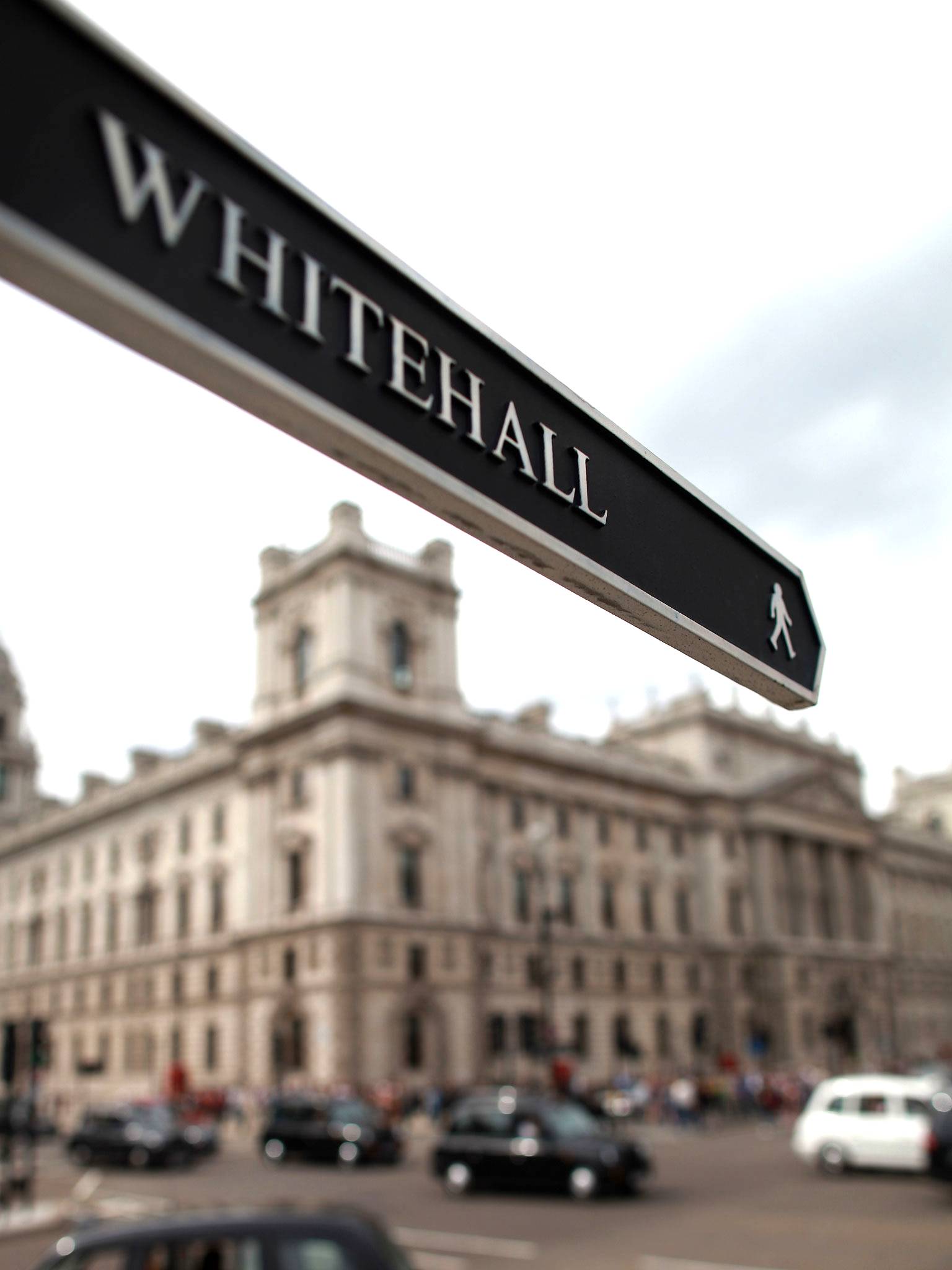Premium rate Whitehall helplines hit poor hardest - with half the cost coming from being on hold

Your support helps us to tell the story
From reproductive rights to climate change to Big Tech, The Independent is on the ground when the story is developing. Whether it's investigating the financials of Elon Musk's pro-Trump PAC or producing our latest documentary, 'The A Word', which shines a light on the American women fighting for reproductive rights, we know how important it is to parse out the facts from the messaging.
At such a critical moment in US history, we need reporters on the ground. Your donation allows us to keep sending journalists to speak to both sides of the story.
The Independent is trusted by Americans across the entire political spectrum. And unlike many other quality news outlets, we choose not to lock Americans out of our reporting and analysis with paywalls. We believe quality journalism should be available to everyone, paid for by those who can afford it.
Your support makes all the difference.Grieving relatives and crime victims are among millions of people forced to pay premium rates to ring government helplines, a parliamentary committee reported today.
Users spent around £56m last year making more than 130 million calls to higher-rate numbers run by Whitehall; almost half the costs were incurred while waiting for calls to be answered. Nearly two-thirds of Whitehall’s helpline numbers are charged at higher rates, according to the Public Accounts Committee.
The PAC has condemned the practice, saying that the victims hit hardest are “often vulnerable people”, as they are more dependent on advice and are more likely to use mobiles, which charge even higher rates than landlines.
Among the services which attract higher-rate charges via their 0845 prefix are the Bereavement Service helpline, which takes calls from relatives seeking advice on whether they are eligible for help with funeral costs. It is one of the 35 higher-rate lines operated by the Department for Work and Pensions (DWP).
Higher rates are also charged on government-run numbers for the victims of crime and for complaints and queries about student loan payments.
The committee warned that: “Higher-rate telephone lines have a disproportionate impact on vulnerable and low-income groups.”
Last year, 208 million calls were made to government numbers, including 100 million to the DWP and 68 million to HM Revenue and Customs. About 63 per cent of the calls – equivalent to 131 million – attracted higher-rate charges.
Margaret Hodge, the committee’s chairman, said last night: “Customers of government services should be able to contact those services easily and cheaply.
“Charging customers higher rates by making them use 0845 numbers is not acceptable, especially when the customers are often vulnerable people.”
Welcoming a commitment by the DWP to phase out the use of 0845 numbers, she said: “There should be low-cost alternatives for all services used by a lot of vulnerable people.”
The departments do not receive the revenue, but the committee report criticised them for not knowing how much cash the lines raised.
The MPs were also fiercely critical of the amount of time it takes for calls to the helplines to be picked up, usually falling well short of the “benchmark” in call centres of 80 per cent being answered within 20 seconds. “Performance by departments varies but is often astonishingly bad,” the report said.
HMRC had an average waiting time of about seven minutes. The report added: “Astonishingly, the department only managed to answer 16 per cent of the calls it received to its tax credits helpline on 31 July 2013, the deadline-day for notifying changes of circumstances.”
The DWP said 54 per cent of calls were picked up within 20 seconds, but the average wait for a response was 104 seconds. Matthew Sinclair, chief executive of the TaxPayers’ Alliance, said: “Premium rate lines not only cost a fortune to use but hit those on low incomes particularly hard.
“It’s time ministers scrapped these rip-off charges, as we pay enough for government bureaucracy already without a stealth telephone tax.”
A DWP spokesman said: “The DWP does not earn any revenue from 0845 numbers. All claimants who need to use an 0845 number can do so free at their local Jobcentre, or can request a call-back from an adviser.”
Join our commenting forum
Join thought-provoking conversations, follow other Independent readers and see their replies
Comments